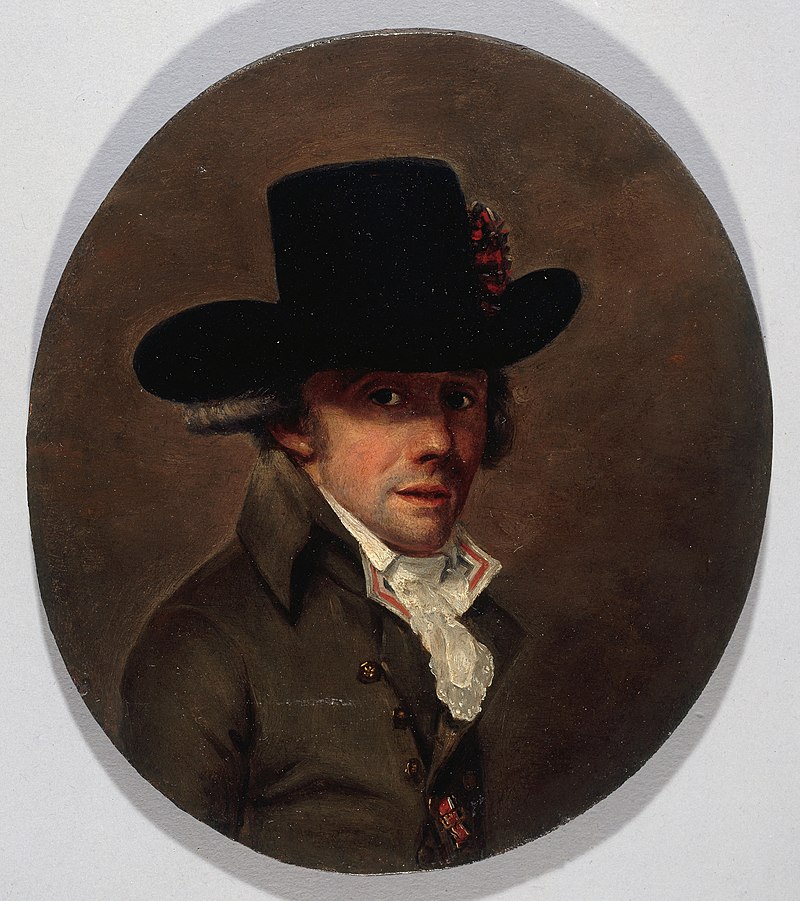<Back to Index>
- Political Activist Marguerite - Élie Guadet, 1758
PAGE SPONSOR


Marguerite-Élie Guadet (20 July 1758 - 19 June 1794) was a French political figure of the Revolutionary period.
Born in Saint - Émilion, Gironde, Aquitaine, he had already gained a reputation as a lawyer in Bordeaux by the time of the Revolution. In 1790 he was made administrator of the Gironde, and in 1791 president of the criminal tribunal, being elected to the Legislative Assembly as one of the group of deputies known subsequently as Girondists.
As a supporter of the monarchist and liberal constitution of 1791 he joined the Jacobin Club, and here and in the Assembly became an eloquent advocate of all the measures directed against real or supposed traitors to the Constitution.
He strongly opposed the ministers of King Louis XVI, and
was largely instrumental in forcing the king to accept the
Girondist ministry of 15 March 1792. He supported the
policy of forcing Louis XVI into harmony with the
Revolution, and moved (3 May) for the dismissal of the
kings non-juring confessor, for the banishment of all
non-juring priests (16 May), for the disbandment of the
royal guard (30 May), and the formation in Paris of a camp
des fédérés (4 June).
Nevertheless, he remained a Royalist, and, with Armand Gensonné and Pierre Victurnien Vergniaud, even addressed a letter to the king soliciting a private interview. Whatever negotiations may have resulted, however, were cut short by the insurrection of 10 August. Guadet, who presided over the Assembly during part of the rebellion day, placed himself into strong opposition to the insurrectionary Paris Commune, and it was on his motion that on 30 August the Assembly voted its dissolution — a decision reversed on the following day. In September, Guadet was returned by a large majority as deputy to the National Convention.
At the trial of Louis XVI he voted for an appeal to the people and for the death penalty, but with a respite pending appeal. In March 1793 he had several meetings with Georges Danton, who was anxious to bring about a rapprochement between the Girondists and The Mountain during the Revolt in the Vendée, but he unconditionally refused to join with the man whom he held responsible for the September Massacres.
Guadet was targeted during the fall of the Girondists, and his arrest being decreed on 2 June 1793, he fled to Caen, and afterwards hid in his father's house in Saint - Émilion. He was discovered and taken to Bordeaux, where, after his identity had been established, he was guillotined.